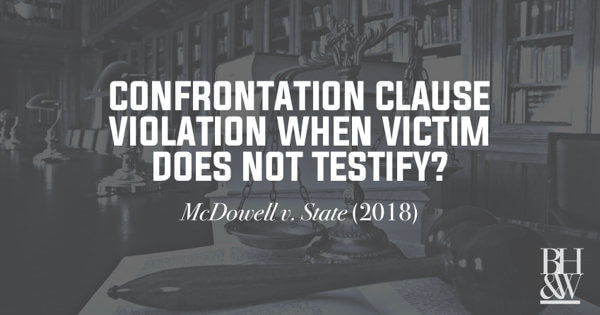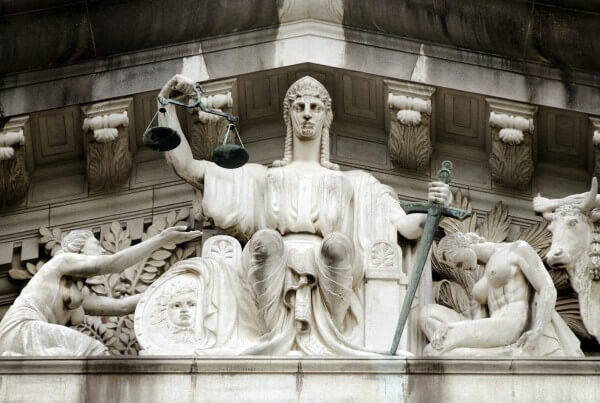What happens when a witness cannot remember facts to which she previously testified before the grand jury?
 Can the State simply read her grand jury testimony into evidence as past recollection recorded even though the Defendant was not present to cross-examine her during that hearing? Normally, I would say yes, but I’m not talking about a witness that cannot remember one fact or another. I’m talking about a witness that cannot remember ANYTHING about which she testified before the grand jury. To me, that changes the game a bit.
Can the State simply read her grand jury testimony into evidence as past recollection recorded even though the Defendant was not present to cross-examine her during that hearing? Normally, I would say yes, but I’m not talking about a witness that cannot remember one fact or another. I’m talking about a witness that cannot remember ANYTHING about which she testified before the grand jury. To me, that changes the game a bit.
The CCA recently considered this issue in Woodall v. State. I say they “considered” it – actually the Court was careful not to provide a definite holding on the matter. Instead, it punted the case on procedural (waiver) grounds. Nonetheless, the CCA did provide some dicta that is a helpful insight into its thinking.
We believe that, under the facts of this case, memory loss did not render [the witness] “absent” for Confrontation Clause purposes…The Supreme Court has generally rejected the notion that a present and testifying witness is nevertheless absent for confrontation purposes if the witness suffer from memory loss.
Curiously, the CCA cites only pre-Crawford cases. For example, citing a 1970 Supreme Court case, the CCA quoted the concurring opinion of Justice Harlan, in which he opined that
a witness’s lack of memory should have no Sixth Amendment Consequence.
However, the legal landscape has drastically changed since the time of Justice Harlan’s opinion. I doubt Scalia would agree with such reasoning today. Then again, as a strict constructionist, maybe he would. If the witness is available at trial, even if she cannot remember anything, is that enough to satisfy the 6th Amendment? I would argue NO, but perhaps I’m wrong. Either way, we will not find out with the Woodall case, because the CCA passed on the ultimate issue.










